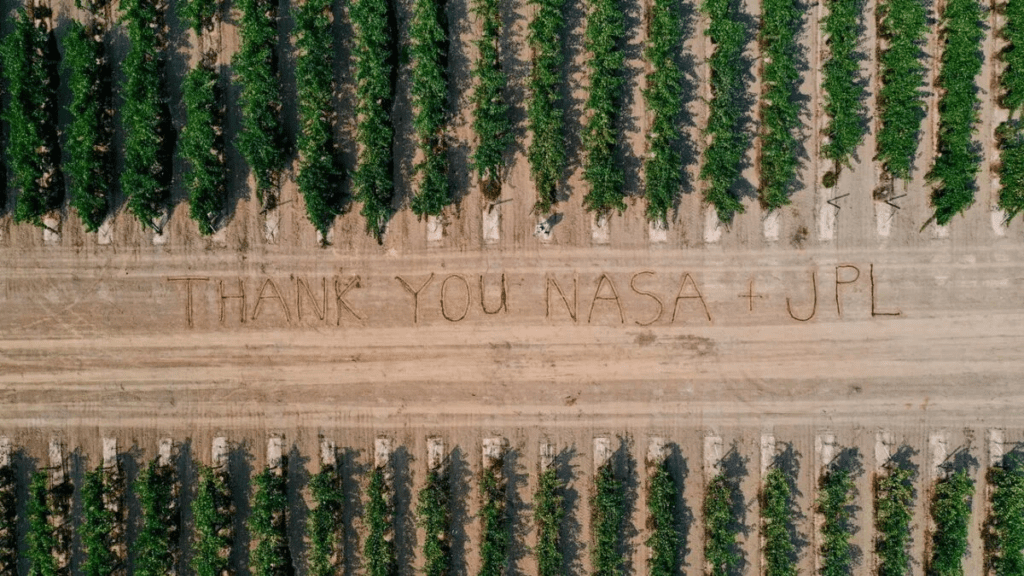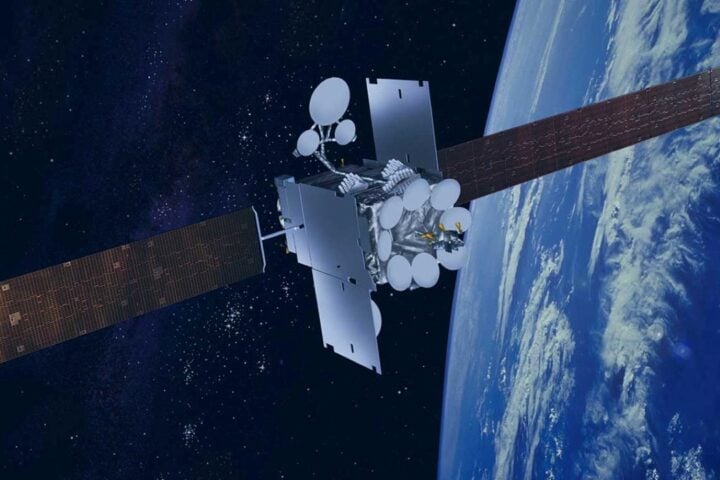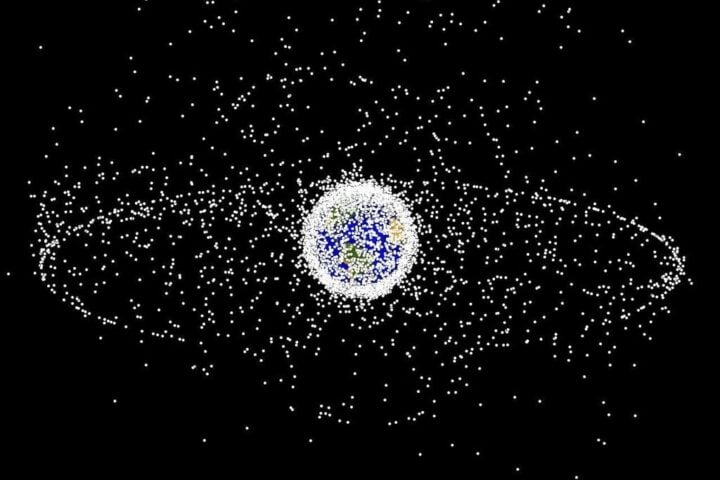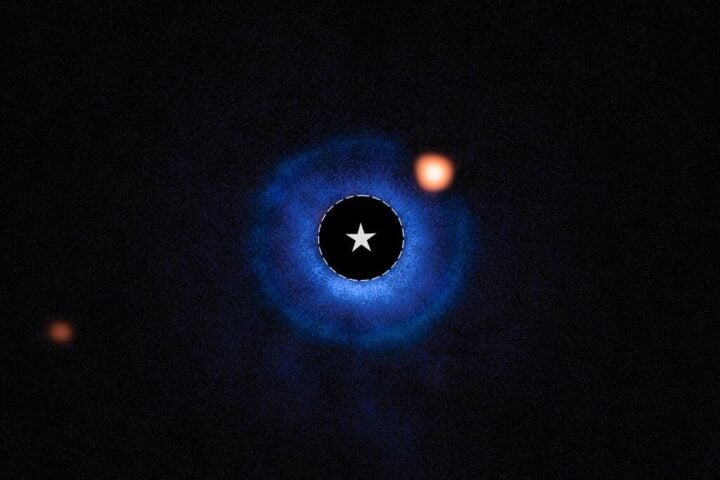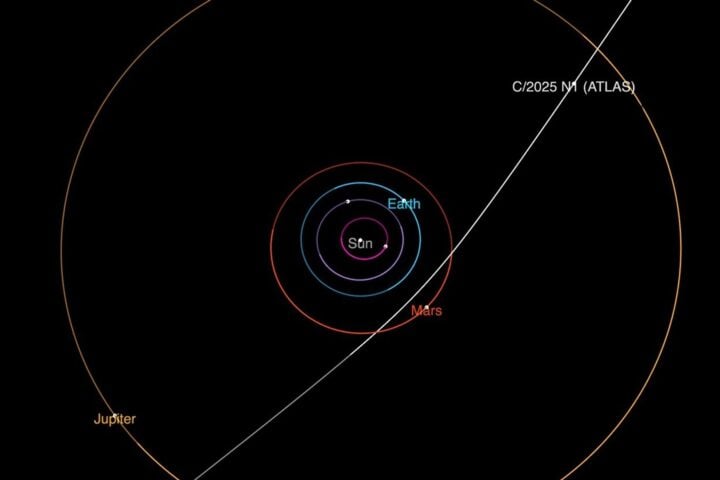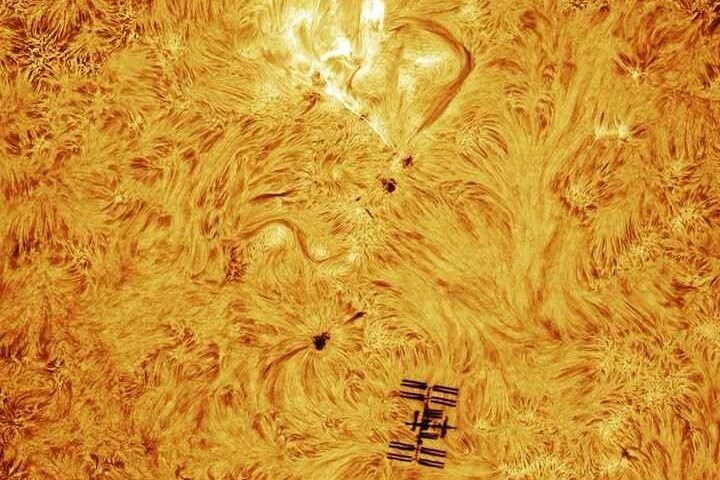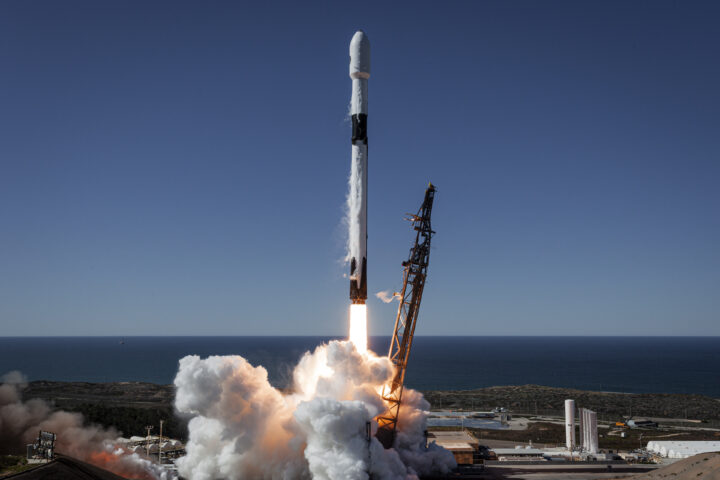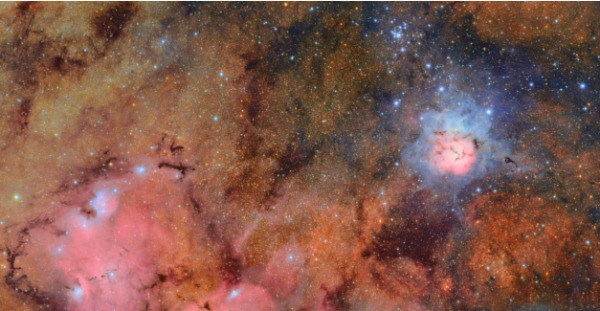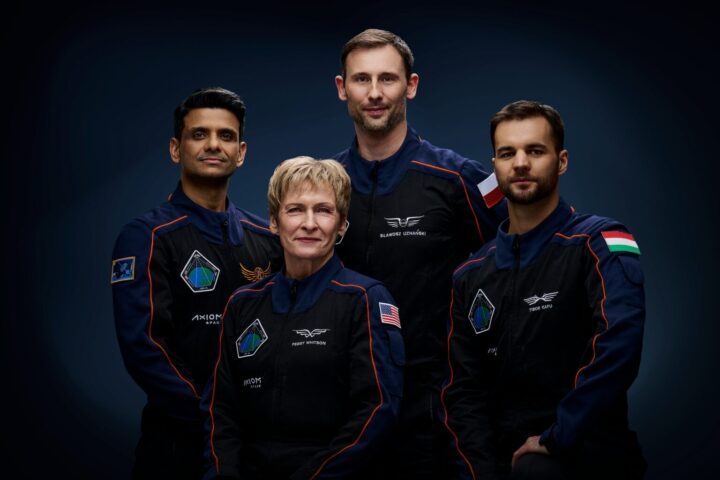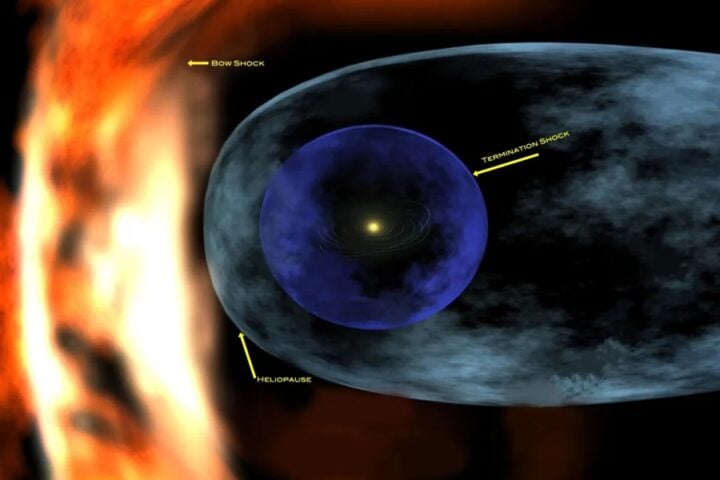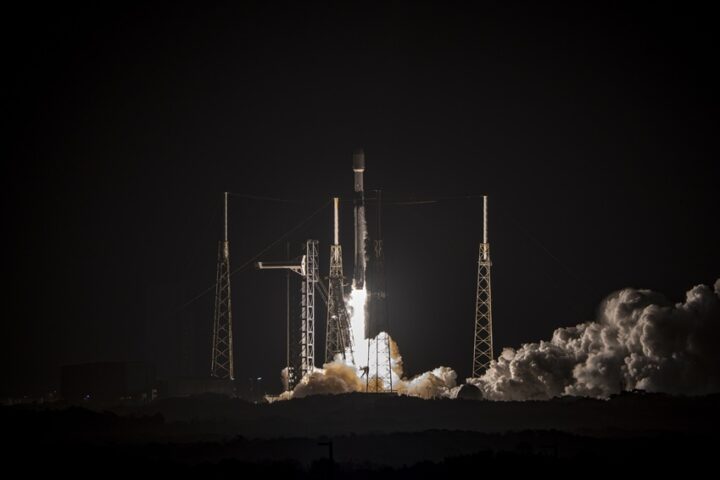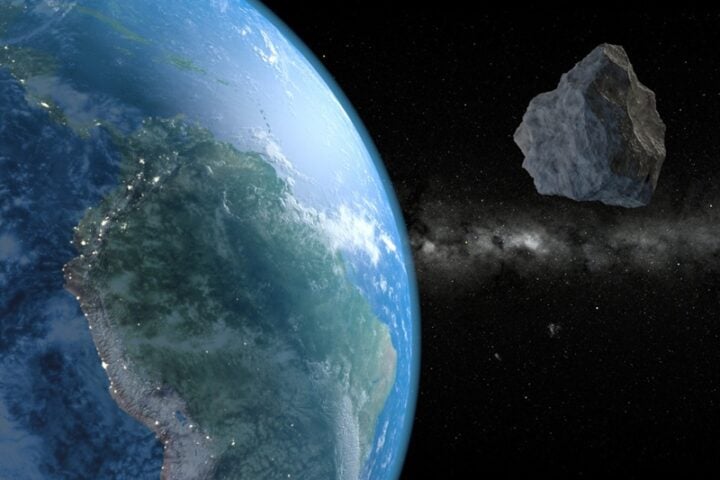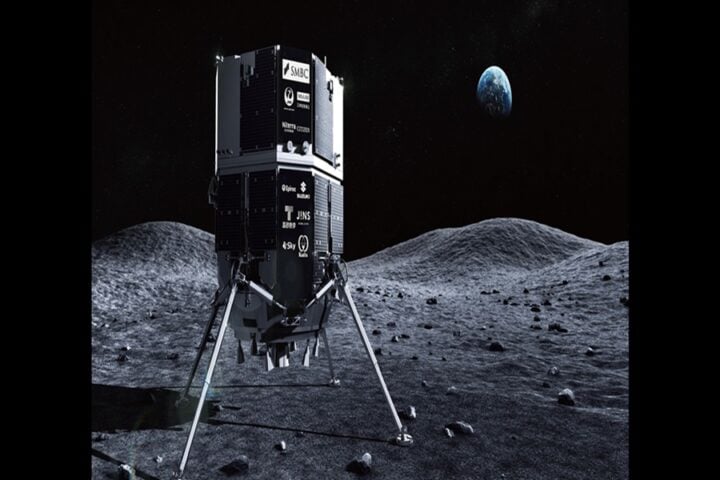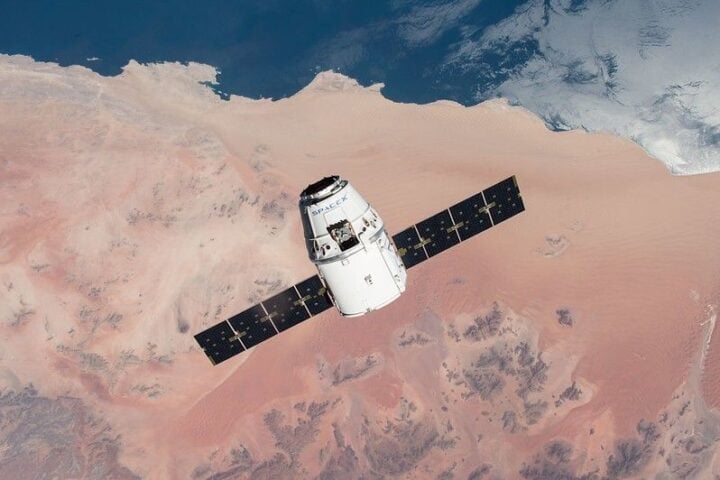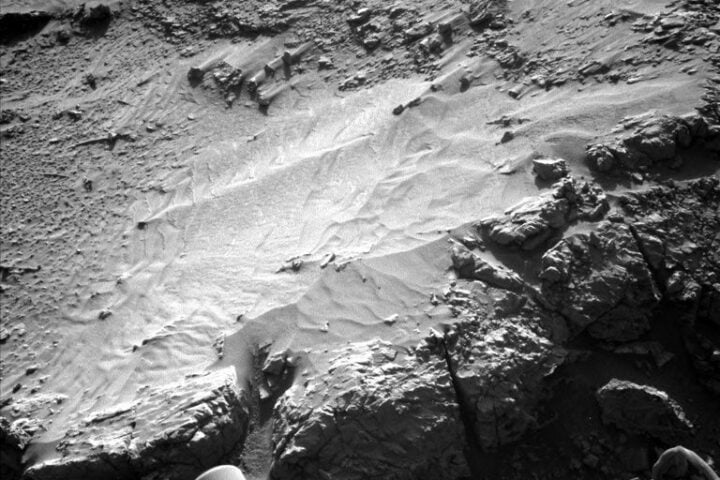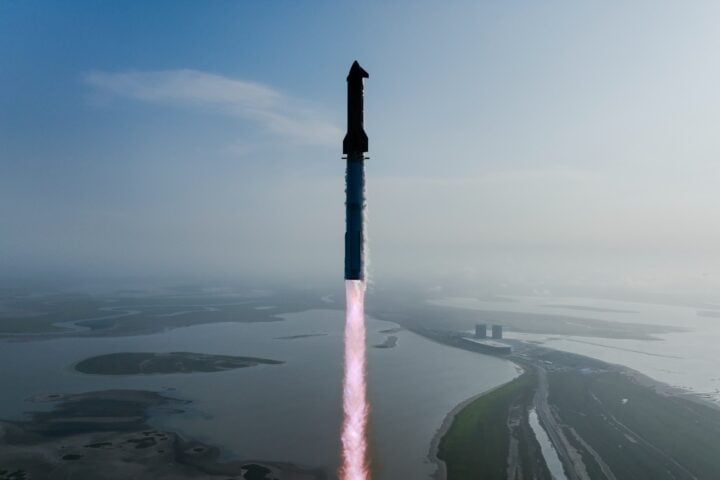In the wake of OceanGate Expedition’s recent underwater tragedy, co-founder Guillermo Söhnlein remains steadfast in his commitment to pushing human boundaries. His eyes are set on an audacious goal: to populate Venus’ atmosphere with 1,000 humans by 2050.
Turning Harsh Realities into Grand Opportunities
Known as Earth’s twin but in name only, Venus presents hostile conditions – from corrosive rains to scorching temperatures and crushing atmospheric pressure. Despite these formidable challenges, Söhnlein espies a lifeline in the Venus’ atmosphere. He highlights a layer roughly 30 miles from the surface, where temperatures and pressures are more Earth-like, potentially making it a habitable zone for humans.
Seamlessly Bridging the Oceanic and Space Frontiers
Söhnlein’s ventures seem varied on the surface, yet they converge on a singular vision: expanding humanity beyond Earth. OceanGate, co-founded with the late Stockton Rush, was an embodiment of this dream, a venture aimed at making deep-sea exploration affordable. The technology gained from this project, Söhnlein believes, could pave the way for space exploration.
Innovation: A Risk-Reward Balancing Act
Söhnlein and Rush shared an unorthodox belief: Innovation might require breaking conventional rules. Their decision to construct a large carbon-fiber submersible rather than following the typical spherical, titanium steel design was a bold move. Despite the tragedy that ensued, Söhnlein stands firm on the need for calculated risks to drive progress.
Humans2Venus: A Pragmatic Step Towards a Grand Vision
Humans2Venus, current venture of Söhnlein, seeks to harness creativity to breach commercial hurdles hindering human settlement on Venus. He envisions developing ways to slash launch operational costs and bankroll space missions without government assistance. As lofty as the goal may seem, Söhnlein insists it’s feasible and necessary for the evolution of our species.
Similar Post
A Future Worth the Gamble?
Although Söhnlein’s plans face criticism and skepticism, his indomitable spirit reflects an age-old human aspiration: to conquer new frontiers. However, as we venture beyond our planetary home, it’s essential to balance our thirst for exploration with a cognizance of the inherent risks. Expert voices like Professor Andrew Coates caution that such undertakings require more than technological prowess; they call for a deep understanding of the psychological demands of living in harsh, enclosed environments. Moreover, the potential for contamination of pristine planetary environments by human activity must be considered.
Söhnlein’s vision is undoubtedly ambitious, his ideas radical. But, as he aptly counters, “why not?” If humanity is to truly push its boundaries, perhaps the time has come to look past the moon, Mars, and even the deepest oceans to our often-overlooked planetary neighbor, Venus.


